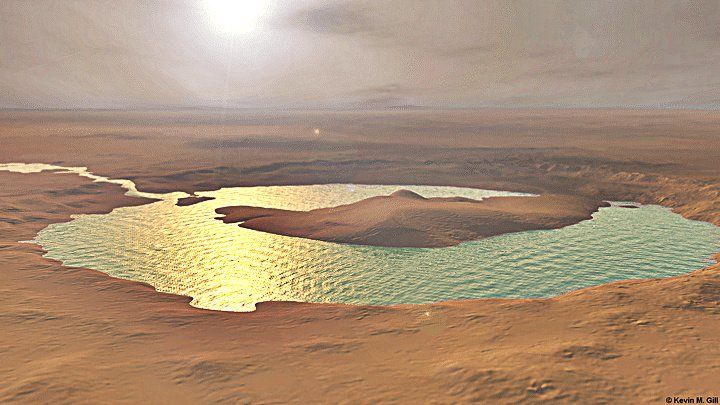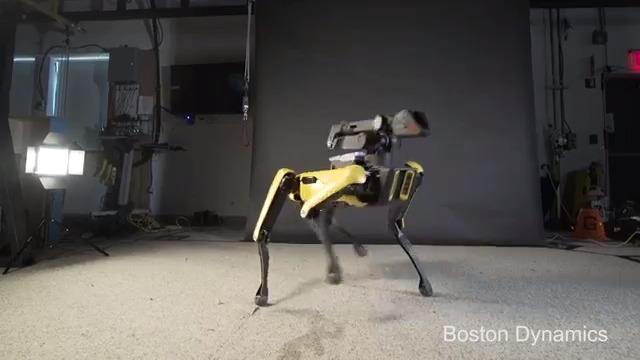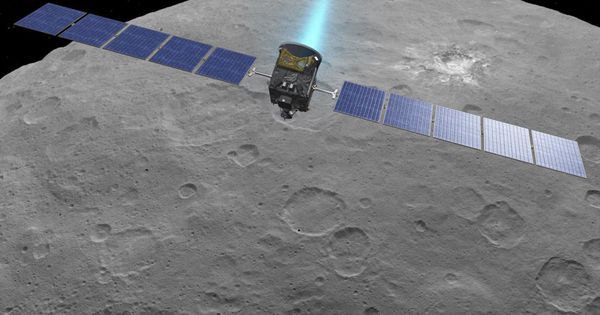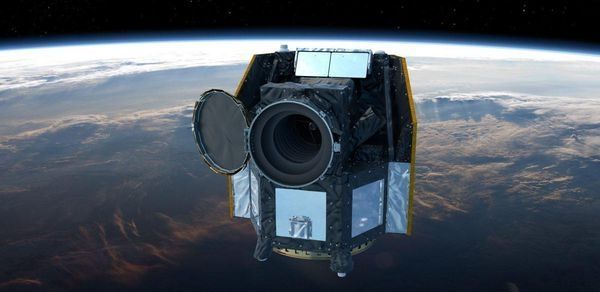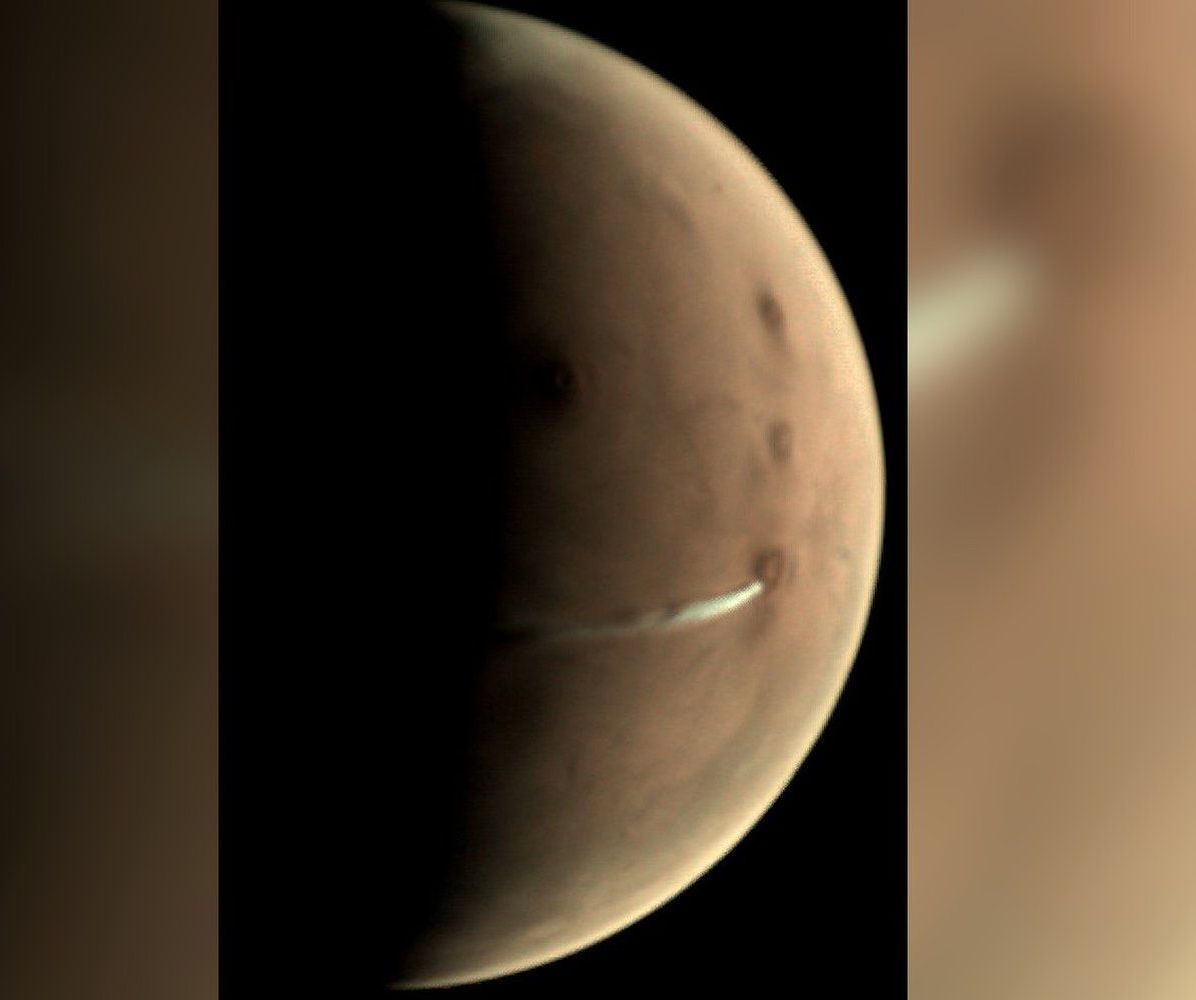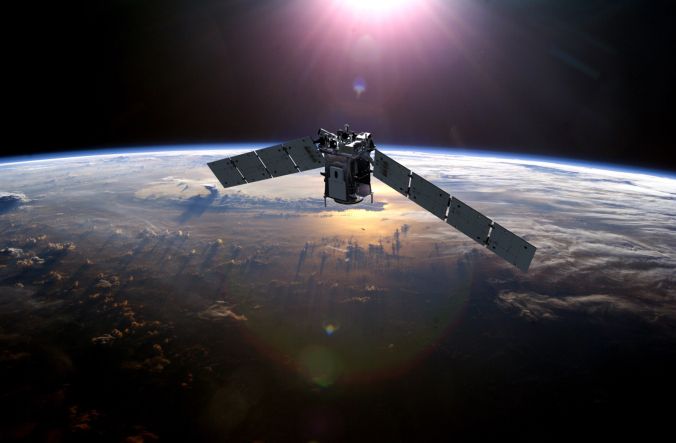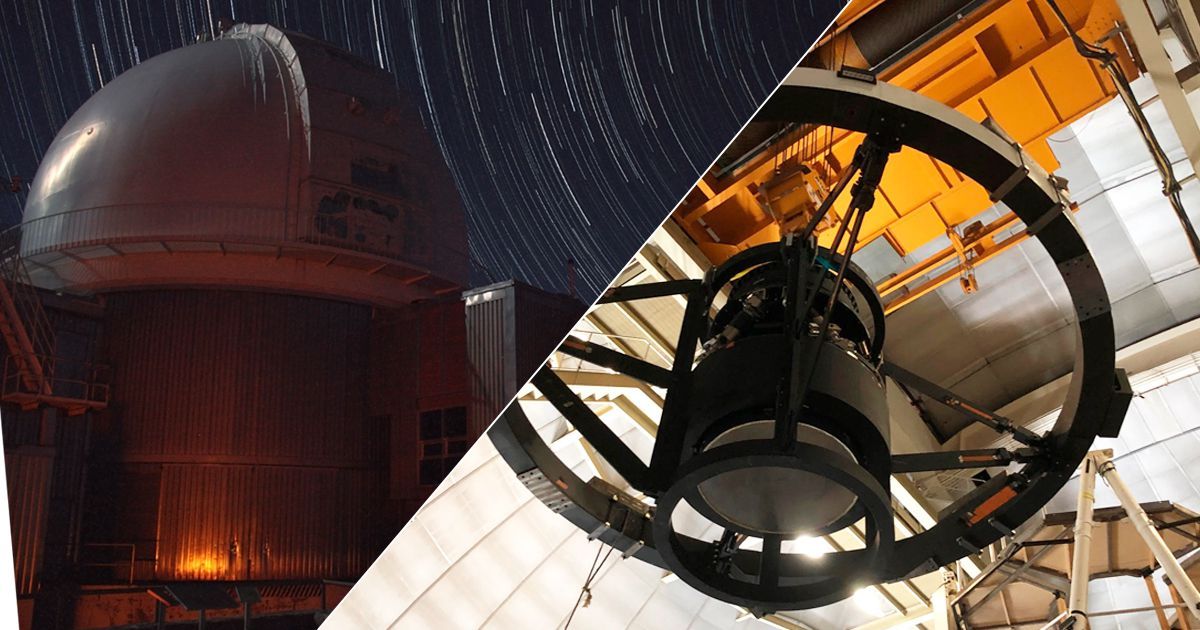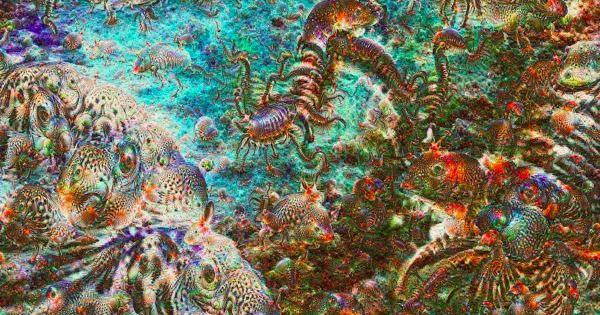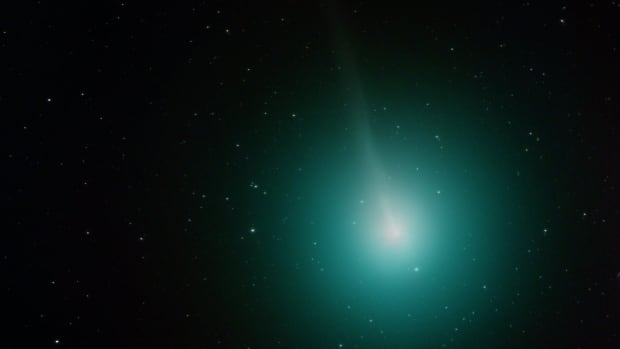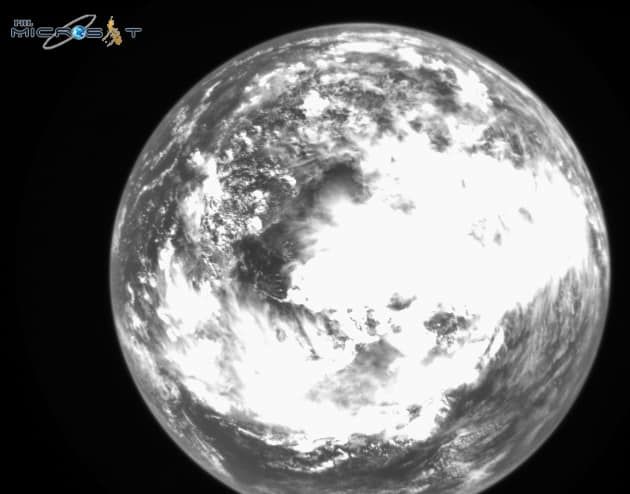If it’s quiet solitude and beauty you seek, there is no better place than the surface of Mars has earned its moniker as the red planet, but the HiRISE camera aboard NASA’s Mars Reconnaissance Orbiter (MRO) can transform the subtle differences of soils into a rainbow of colours. 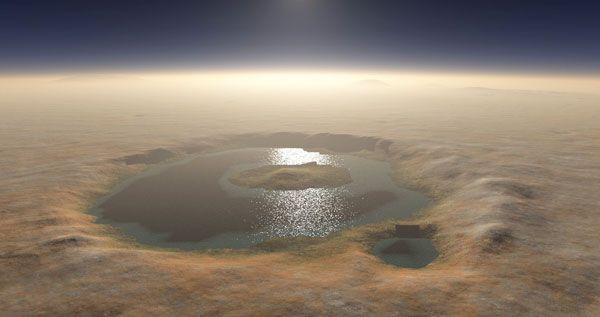
For 10 years, HiRISE has recorded gorgeous – and scientifically valuable – images of Mars. Its photos are so detailed that scientists can examine the planet’s features at the scale of just a few feet, including the recent crash site of Europe’s Schiaparelli Mars lander.
We combed through 2,054 of the camera’s latest pictures, released in August, September, and October, to bring you some of the best – and hopefully help you temporarily escape Earth.
